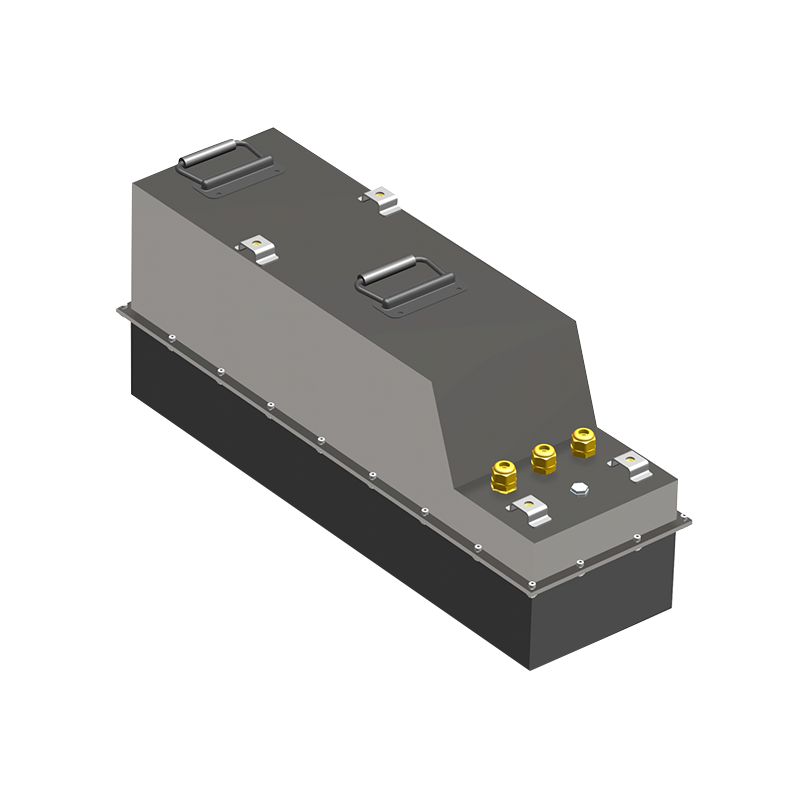Web Menu
Product Search
Exit Menu
Exploring the Advancements and Applications of Cylindrical Cell Modules
Custom Cylindrical Cell Module For Sale Wholesaler Company
Cylindrical cell modules have emerged as key components in various industries, powering everything from electric vehicles to portable electronic devices. These modules, comprised of cylindrical lithium-ion cells, offer a compact and efficient solution for energy storage needs.
At the heart of cylindrical cell modules are individual cylindrical lithium-ion cells, which contain a positive electrode (cathode), a negative electrode (anode), and an electrolyte. These cells are typically arranged in a cylindrical format and connected in series and parallel configurations to form a module. The cylindrical design allows for efficient packing density and thermal management, making it a preferred choice for many applications.
Recent years have witnessed significant advancements in cylindrical cell module technology, driven by research and development efforts aimed at improving performance, safety, and longevity. One notable advancement is the development of high-energy-density cathode materials, such as lithium nickel manganese cobalt oxide (NMC) and lithium nickel cobalt aluminum oxide (NCA). These materials allow for increased energy storage capacity without compromising on safety or cycle life.
Additionally, innovations in electrolyte formulations and cell chemistry have led to improvements in thermal stability and rate capability, enabling faster charging and discharging rates while small the risk of overheating or thermal runaway.
Furthermore, advancements in manufacturing processes, such as precision cell assembly and quality control measures, have contributed to the production of more reliable and uniform cylindrical cell modules. These improvements ensure consistency in performance and reliability across large-scale production runs, essential for applications requiring high levels of safety and reliability.
Cylindrical cell modules find diverse applications across various industries, thanks to their versatility, reliability, and energy density. In the automotive sector, these modules power electric vehicles (EVs) and hybrid electric vehicles (HEVs), offering high power output, long driving range, and rapid charging capabilities. The compact form factor of cylindrical cell modules allows for flexible integration into vehicle designs, big interior space and optimizing weight distribution.
Beyond automotive applications, cylindrical cell modules are also widely used in consumer electronics, powering smartphones, laptops, and other portable devices. The high energy density of lithium-ion cells enables prolonged usage between charges, enhancing the user experience and convenience.
In the renewable energy sector, cylindrical cell modules play a crucial role in energy storage systems, such as residential and commercial battery storage solutions. These modules enable the efficient capture and storage of energy generated from solar panels or wind turbines, providing a reliable source of power during periods of low renewable energy production or grid outages.
Looking ahead, the future of cylindrical cell modules holds promise for further advancements and applications. Continued research into novel materials, such as solid-state electrolytes and silicon-based anodes, could unlock higher energy densities and lower costs, making lithium-ion technology even more competitive with traditional energy storage solutions.
However, challenges remain, particularly in the areas of safety, sustainability, and resource availability. Concerns about the flammability of lithium-ion batteries and the environmental impact of raw material extraction and disposal underscore the need for ongoing innovation and regulatory oversight.
Addressing these challenges will require collaboration among industry stakeholders, policymakers, and researchers to develop sustainable solutions that ensure the widespread adoption of cylindrical cell modules while small their environmental footprint.
Cylindrical cell modules represent a cornerstone of modern energy storage technology, offering compactness, efficiency, and versatility across a wide range of applications. Advances in technology have propelled these modules to the forefront of industries such as automotive, consumer electronics, and renewable energy.
-

+86-13049701086
-

Stonehuang@CGONEN.com
-

No.88, Huji Road, Taizhou Bay Binhai New Area, Jiaojiang District, Taizhou City, Zhejiang Province, China











